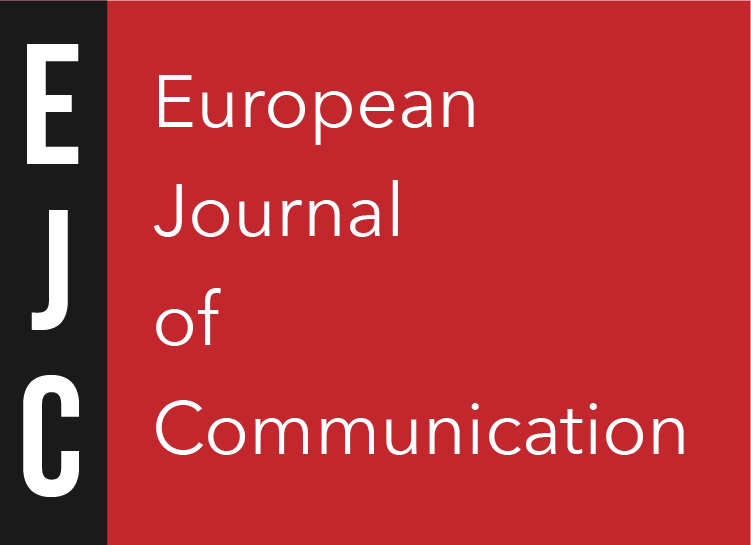Many democratic nations are experiencing increased levels of false information circulatingthrough social media and political websites that mimic journalism formats. In many cases, thisdisinformation is associated with the efforts of movements and parties on the radical rightto mobilize supporters against centre parties and the mainstream press that carries theirmessages. The spread of disinformation can be traced to growing legitimacy problems in manydemocracies. Declining citizen confidence in institutions undermines the credibility of officialinformation in the news and opens publics to alternative information sources. Those sources areoften associated with both nationalist (primarily radical right) and foreign (commonly Russian)strategies to undermine institutional legitimacy and destabilize centre parties, governments andelections. The Brexit campaign in the United Kingdom and the election of Donald Trump in theUnited States are among the most prominent examples of disinformation campaigns intendedto disrupt normal democratic order, but many other nations display signs of disinformationand democratic disruption. The origins of these problems and their implications for politicalcommunication research are explored.
The disinformation order: Disruptive communication and the decline of democratic institutions
April 3, 2018


